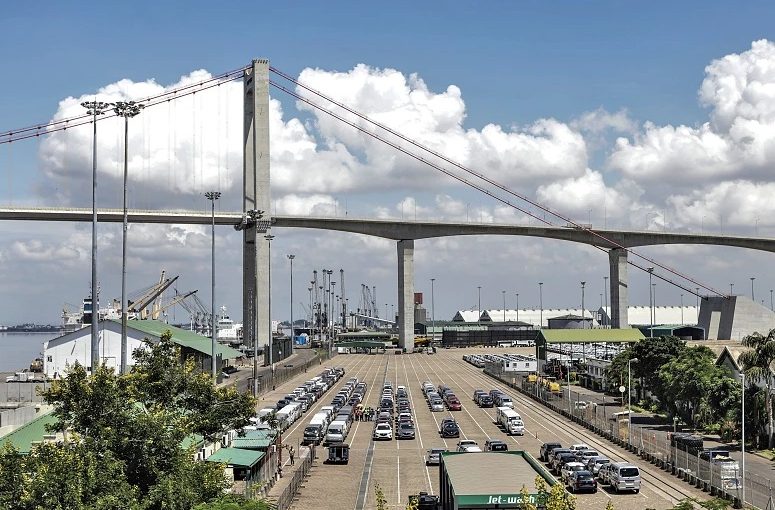Mozambique: Two seriously injured as MDM march in Gorongosa dispersed, police says - Watch
Mozambique: Impact of Ukraine war threw over 1 million into extreme poverty – UN

File photo: Lusa
More than one million people fell into extreme poverty in Mozambique in 2022 due to the impacts of Russia’s invasion of Ukraine, according to a study by the United Nations Development Programme (UNDP).
“Our analysis suggests that one million more people fell into extreme poverty in Mozambique due to rising food, energy and transport inflation in 2022,” write the authors, directly linking these price increases to the consequences of Russia’s invasion of Ukraine in early 2022.
In a study on how the impact of war-induced inflation in Ukraine has affected the income and spending of Mozambican families until December 2022, the UNDP economists write that due to these effects, the number of families with less than US$2.15 a day has increased in Mozambique, which is presented as an example of what has happened in other poor countries around the world.
“This represents a 3.6% increase in the extreme poverty rate in Mozambique over this period, to 71% at the end of 2022; of these new extreme poor, almost 60%, representing 550,000 people, live in urban areas, where extreme poverty has increased by 12.2%, putting the incidence of poverty at 52.2%, up from 46.9% in 2021,” reads the study titled ‘The Cost-of-Living Crisis in Mozambique: Poverty Impacts and Possible Policy Responses” available on the UNDP website.
Extreme poverty in Mozambique “has been rising in Mozambique for the past decade, —a trend that our analysis suggests has been aggravated by the cost-of-living crisis induced by the onset of the war in Ukraine in early 2022,” the economists add, pointing out that in that year food prices increased by 14.6%, energy by 6.3% and transport by 19.3%, according to data from Mozambique’s National Statistics Institute.
The price of raw materials at a global level peaked in June 2022 and fell thereafter, but, the study reads, “on the contrary, food, domestic energy and transport inflation continued to rise even as the price of raw materials fell, which shows that although global markets slowed the rise in prices after the first months of the war in Ukraine, inflationary pressures continued to impact household finances throughout 2022”.
In the study, the UNDP considers that the reduction in Value Added Tax (VAT), implemented in December 2022, had a limited impact, as it “mitigated only 3.8% of the increase in extreme poverty, with a high monthly cost of around 8.3% of the Social Protection budget for 2021”.
Advocating the effectiveness of other measures, such as direct transfers to the most vulnerable families in the five poorest provinces, which would be three times more effective and could prevent 11% of people falling into extreme poverty, the UNDP says that more than half (60%) of the new extreme poor are centred in urban areas, as subsistence agriculture practised in the provinces has mitigated the impact of rising prices.
“In addition to targeted cash transfers, public investment in increasing productive capacity in the areas of fuel, food and fertilisers could increase the sustainability of the cash transfer model, reducing Mozambique’s dependence on imports,” the economists write.
The experts conclude that “these investments in domestic productive capacity would make Mozambique more resilient to future external shocks, reducing external inflationary pressures and accelerating GDP growth, which would reduce poverty and prices in the short and long term”.













Leave a Reply
Be the First to Comment!
You must be logged in to post a comment.
You must be logged in to post a comment.